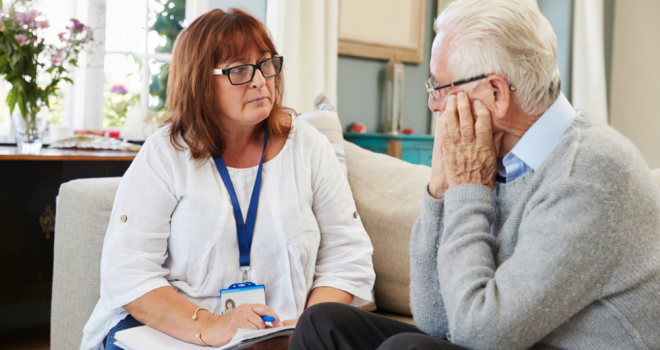
"Individuals need to make full use of the support that is on offer to them to ensure they in turn can provide the best possible support to others."
- Christine Husbands, commercial director at RedArc
RedArc has said that a wide range of people, from those with caring responsibilities at home to those with workplace roles such as mental health first aiders and employees with mental health-related responsibilities, require support as they often feel reluctant to ask for help. The service provider believes this is especially important since many individuals who provide mental health support don’t identify as carers so they don’t recognise the need for support until their situation becomes untenable.
Similarly, RedArc highlights that those who provide mental health support in the workplace may have volunteered or applied for the roles so may feel that they should “be able to cope.” This could make them feel uncomfortable or unjustified in asking for support.
RedArc recognises the importance of employee assistance programmes (EAPs) and insurance policy benefits which often include support from trained professionals, facilitated group reflective practice for MHFAs, structured counselling, talking therapies, reading materials, and signposting to specialist national and local charities or self-help groups. However, the service provider believes that, in many cases, mental health professionals and carers would benefit from having a dedicated professional who can listen actively and confidentially to their concerns and give long-term support and guidance.
Commenting on these findings, Christine Husbands, commercial director at RedArc, has said:
“Supporting people with mental health issues can be a rewarding experience but it can also take a significant toll on the individual themselves. While it is right that the primary focus is usually on those with the mental health issues themselves, this World Mental Health Day, it’s important to take a moment to recognise the potential strain that those who provide support often experience.”
Husbands continued: “Mental health doesn’t discriminate and so anyone could find themselves in a position of supporting another person with their mental health, whether or not they have been trained to do so. It’s therefore important that the availability of mental health support is promoted to help anyone who might need it.”
